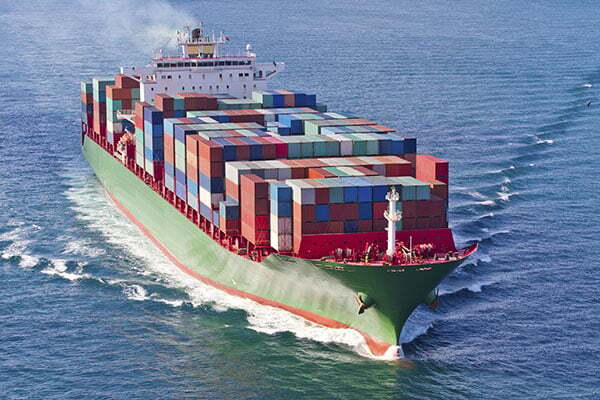The National Bureau of Statistics (NBS) says Nigeria recorded N3.42 trillion trade surplus in the fourth quarter (Q4) of 2024.
The NBS, in its foreign trade report for Q4 2024, said Nigeria’s exports totalled N20.01 trillion while imports stood at N16.59 trillion.
A trade surplus is an economic indicator of a positive trade balance in which the exports of a nation outweigh its imports.
The bureau said total trade was N36.6 trillion in Q4, representing an increase of 2.20 percent compared to the N35.8 trillion recorded in the third quarter (Q1) of the year.
“Nigeria’s total merchandise trade stood at N36,604.83 billion in Q4, 2024. This represents an increase of 68.32% compared to the value (N21,747.40) recorded in the corresponding period of 2023 and a rise of 2.20% over the value recorded in the preceding quarter (N35,818.35),” NBS said.
“In the quarter under review, exports accounted for 54.68% of total trade with a value of N20,014.33 billion, showing an increase of 57.67% rise over the value recorded in the fourth quarter of 2023 (N12,693.62) and a decrease of 2.55% compared to the value recorded in Q3 2024 (N20,537.17).”
NBS further said crude oil continued to dominate exports trade in the quarter reviewed.
The statistics firm said crude oil exports stood at N13.78 trillion, representing 68.87 percent of total exports, while the value of non-crude oil exports stood at N6.23 trillion, accounting for 31.13 percent of total exports.
NBS added that non-oil products contributed N2.84 trillion or 4.20 percent of total exports.
The NBS said the Netherlands was Nigeria’s top export destination in Q4, followed by Spain, France, India, and Indonesia.
“The main export destination was The Netherlands with a value of N 2,089.96 billion or 10.44% of total exports, followed by exports to France with N1,909.76 billion or 9.54% of total exports, Spain with N1,737.68 billion or 8.68% of total export,” NBS said.
“India with N1,596.66 billion or 7.98% of total exports, and exports to Indonesia with goods valued at N1,406.77 billion representing 7.03% of total exports.
“These five countries collectively accounted for 43.67% of the value of total exports in Q4, 2024.”
In terms of imports, the bureau said China remained Nigeria’s major trading partner, with 27.80 percent (N4 61 trillion) worth of imported goods.
Others on the top five import routes were India (N1.89 trillion or 11.43 percent), Belgium (N1.38 trillion or 8.35 percent), the United States (N1.05 billion or 6.33 percent), and France ( N501 billion or 3.62 percent).










